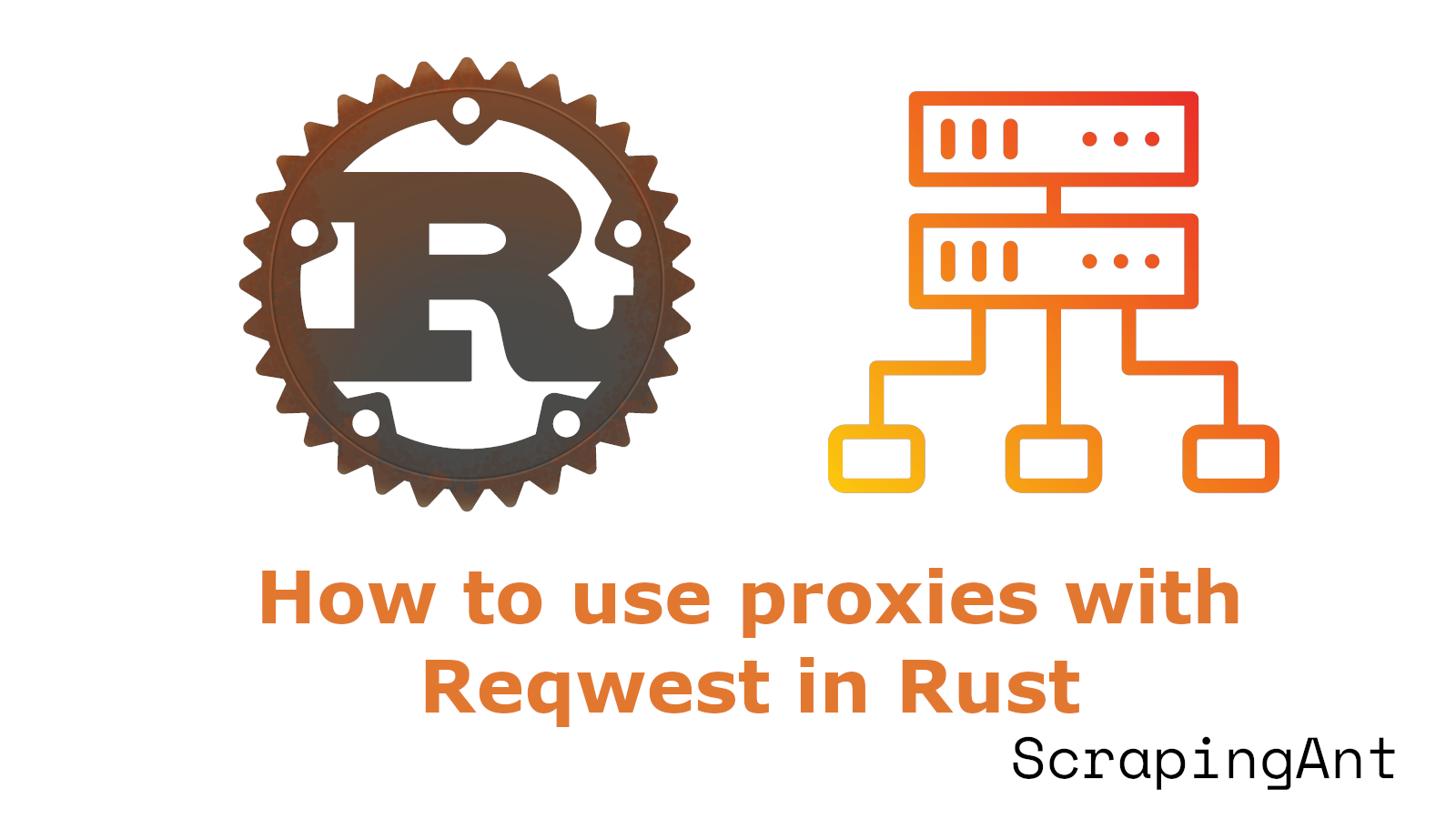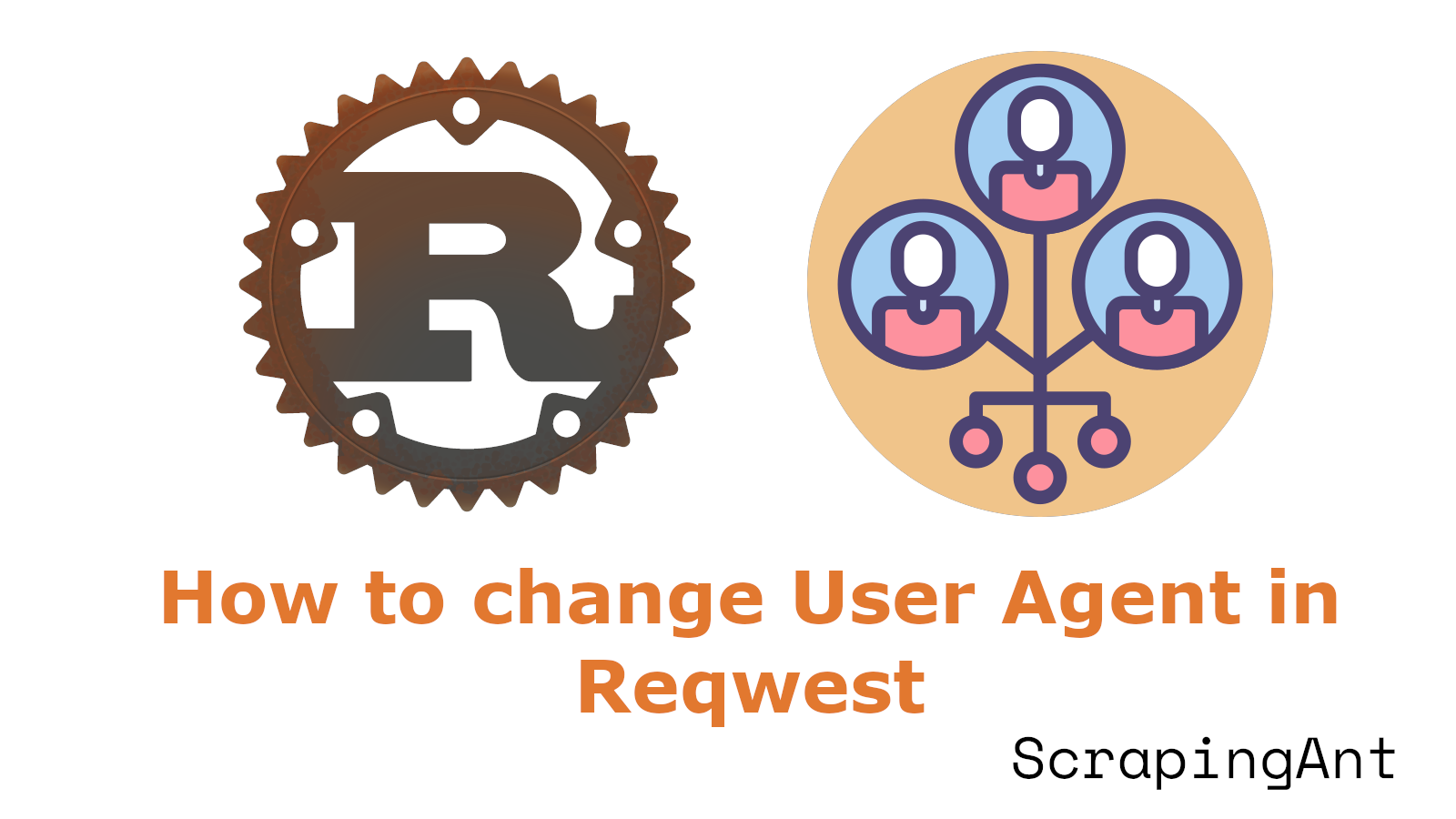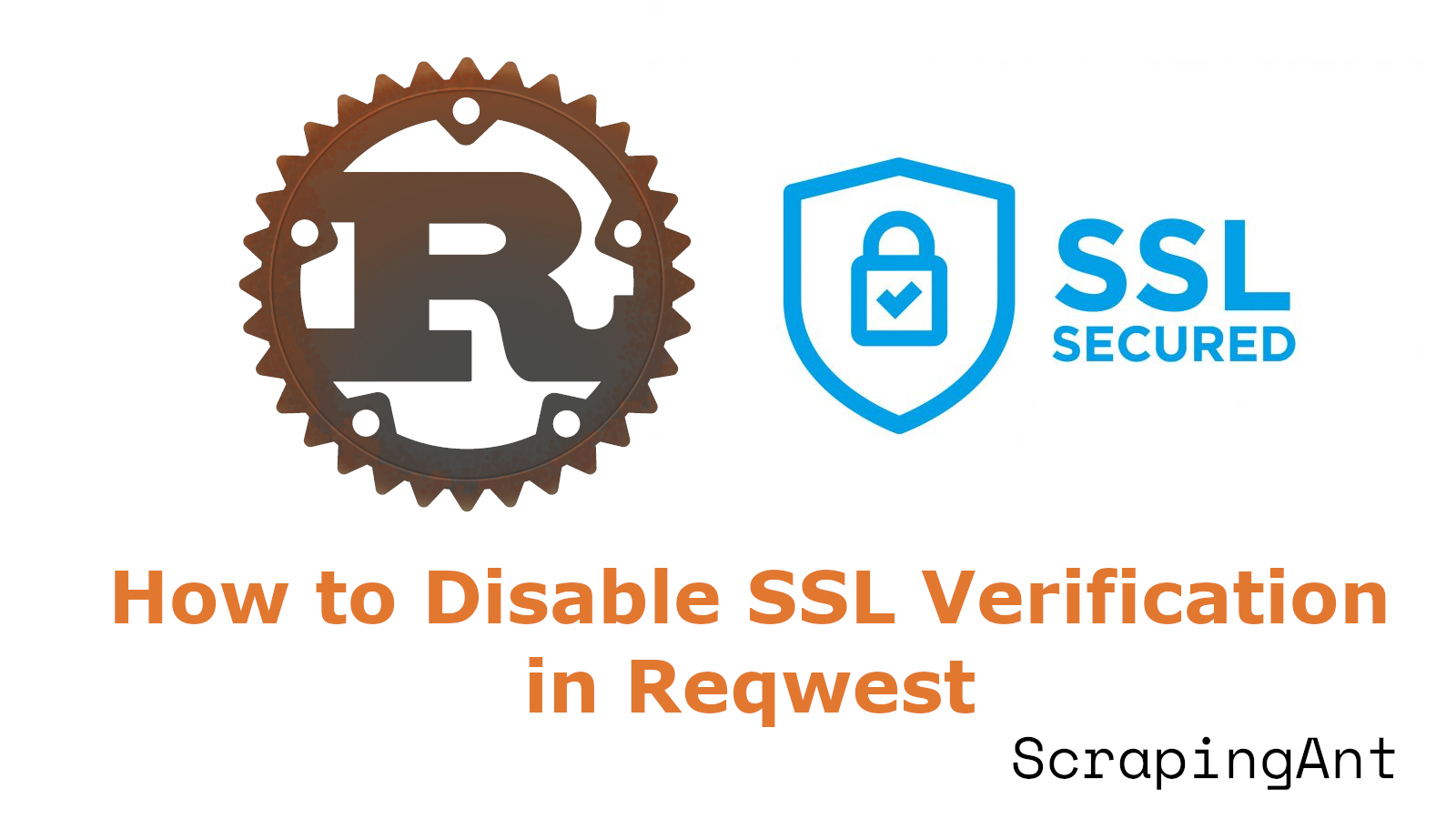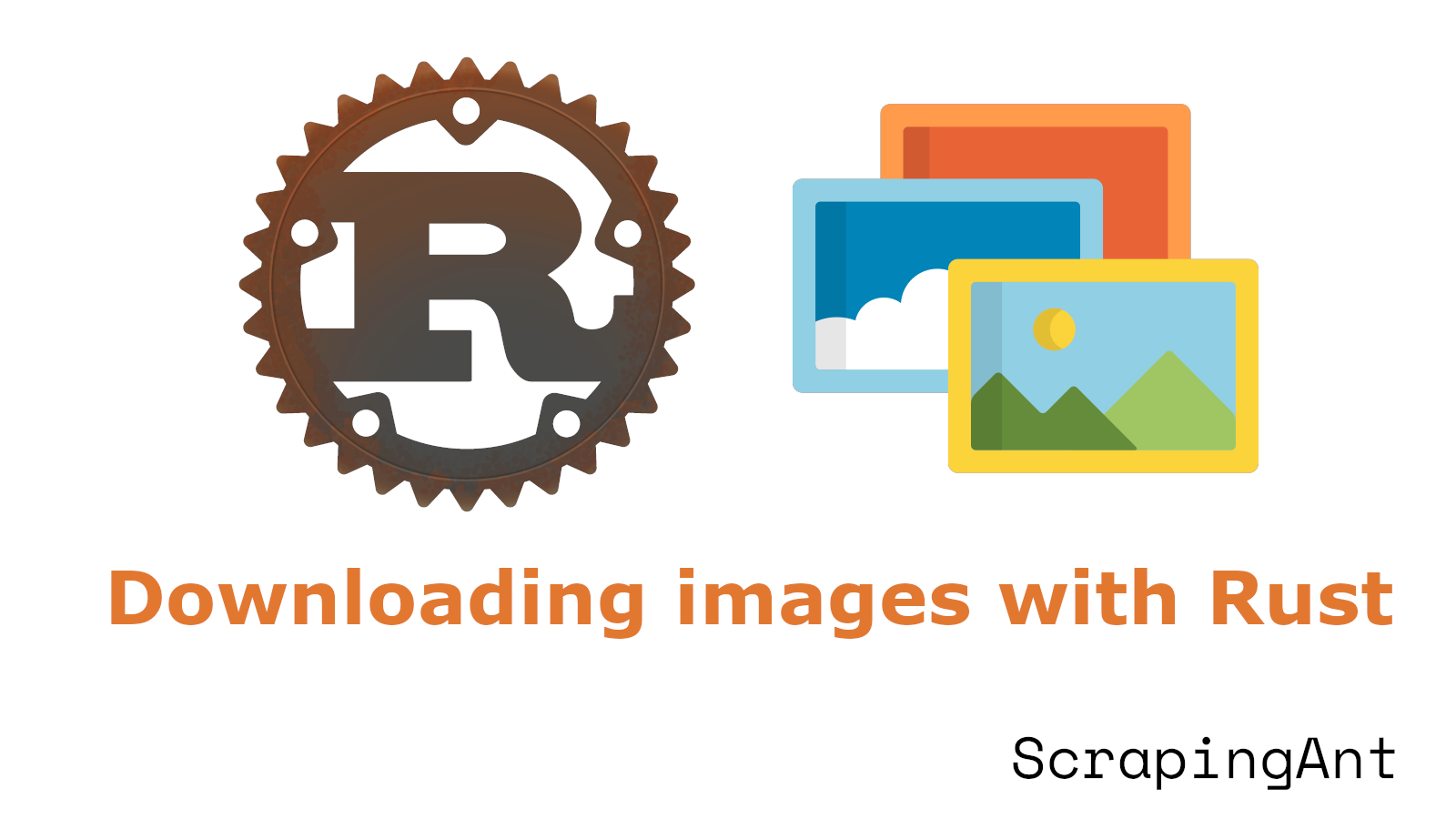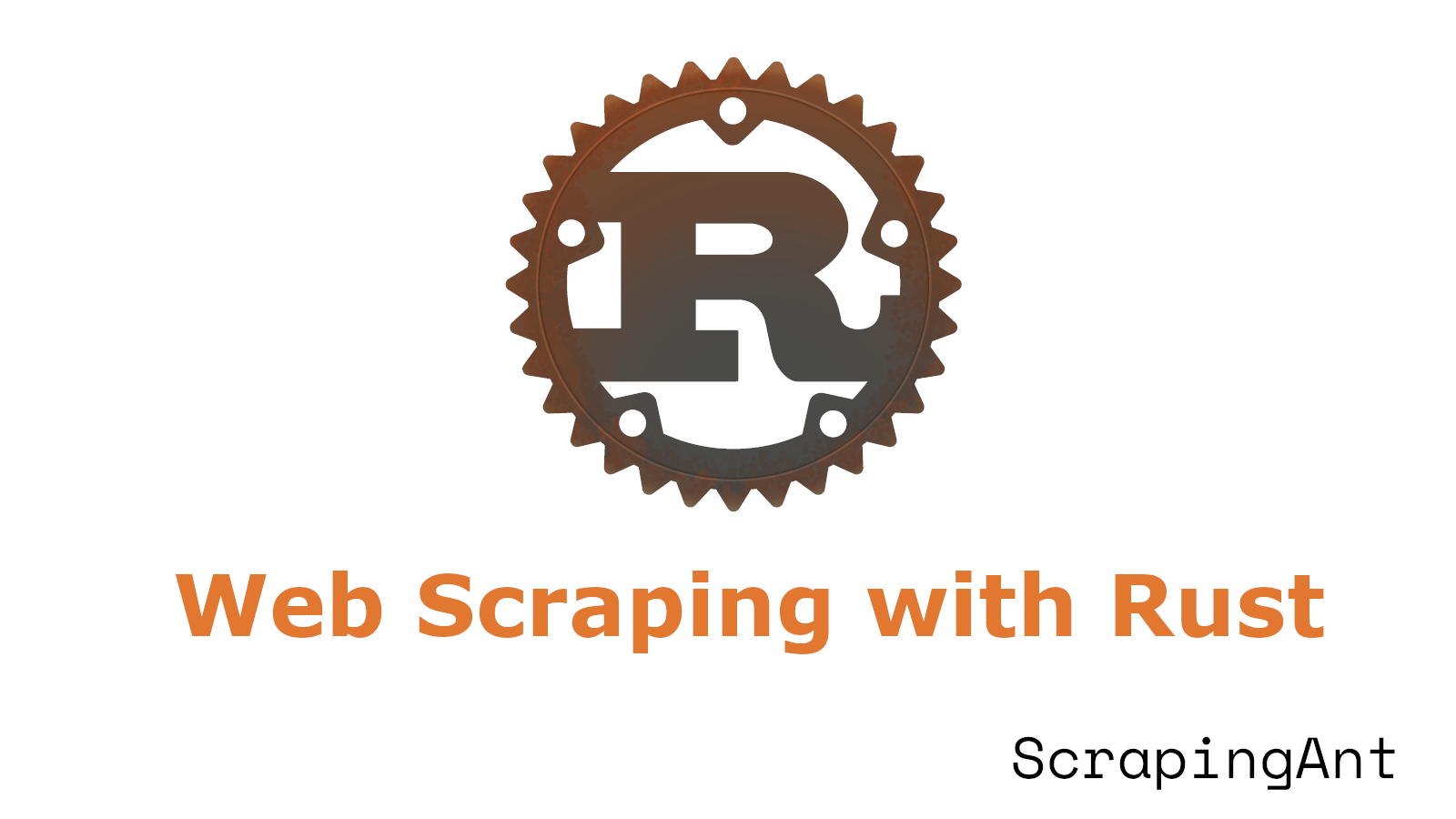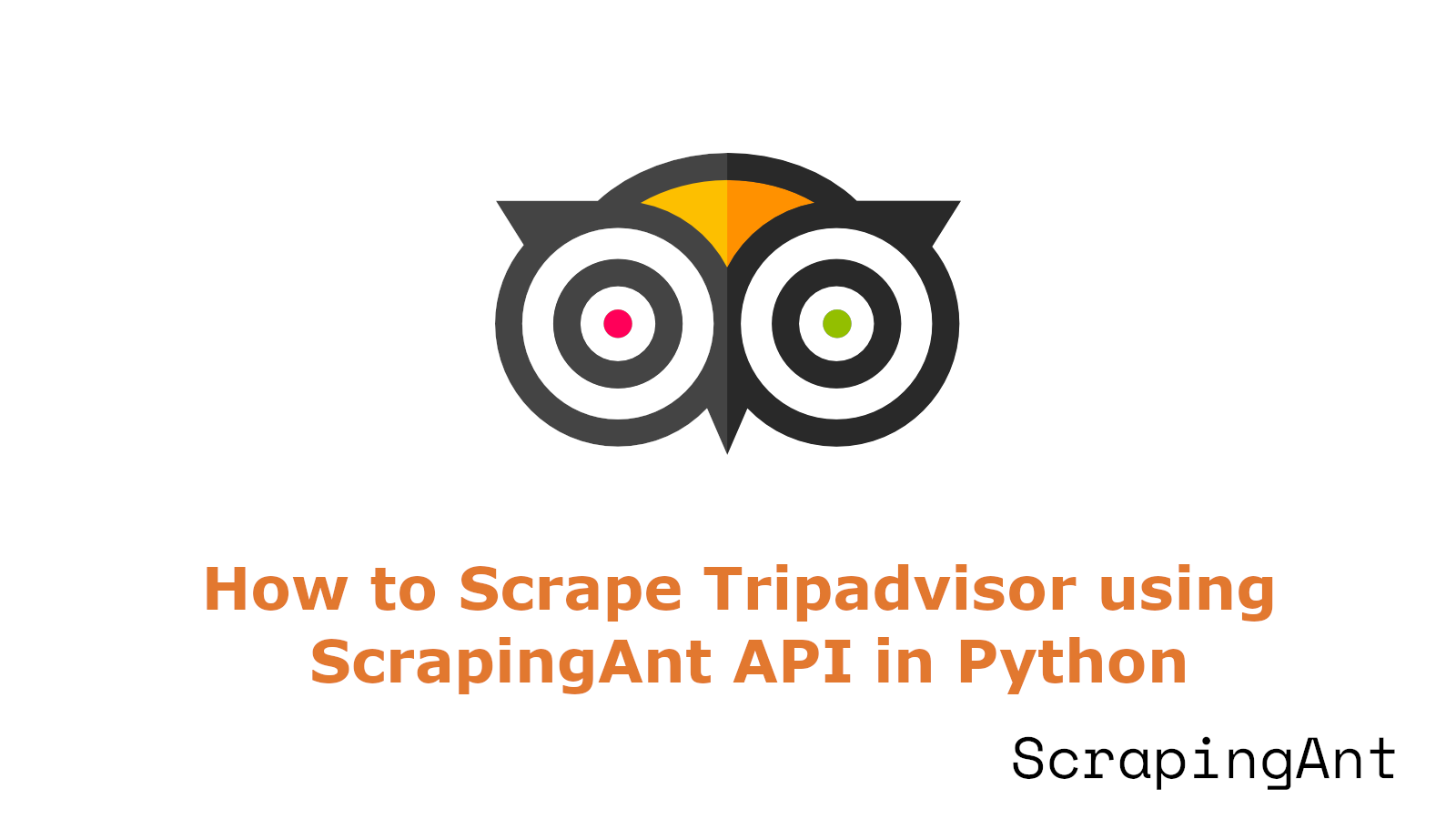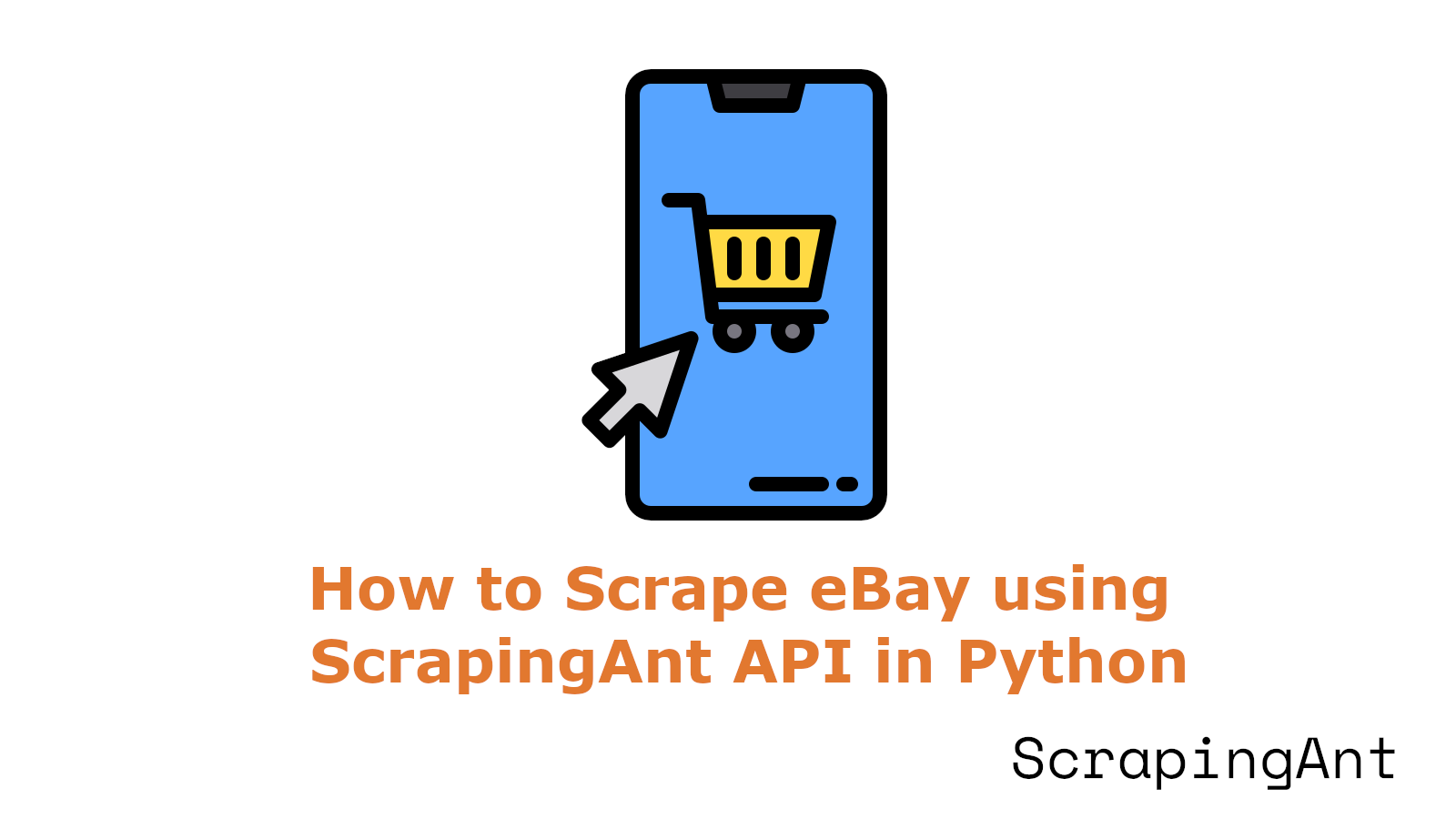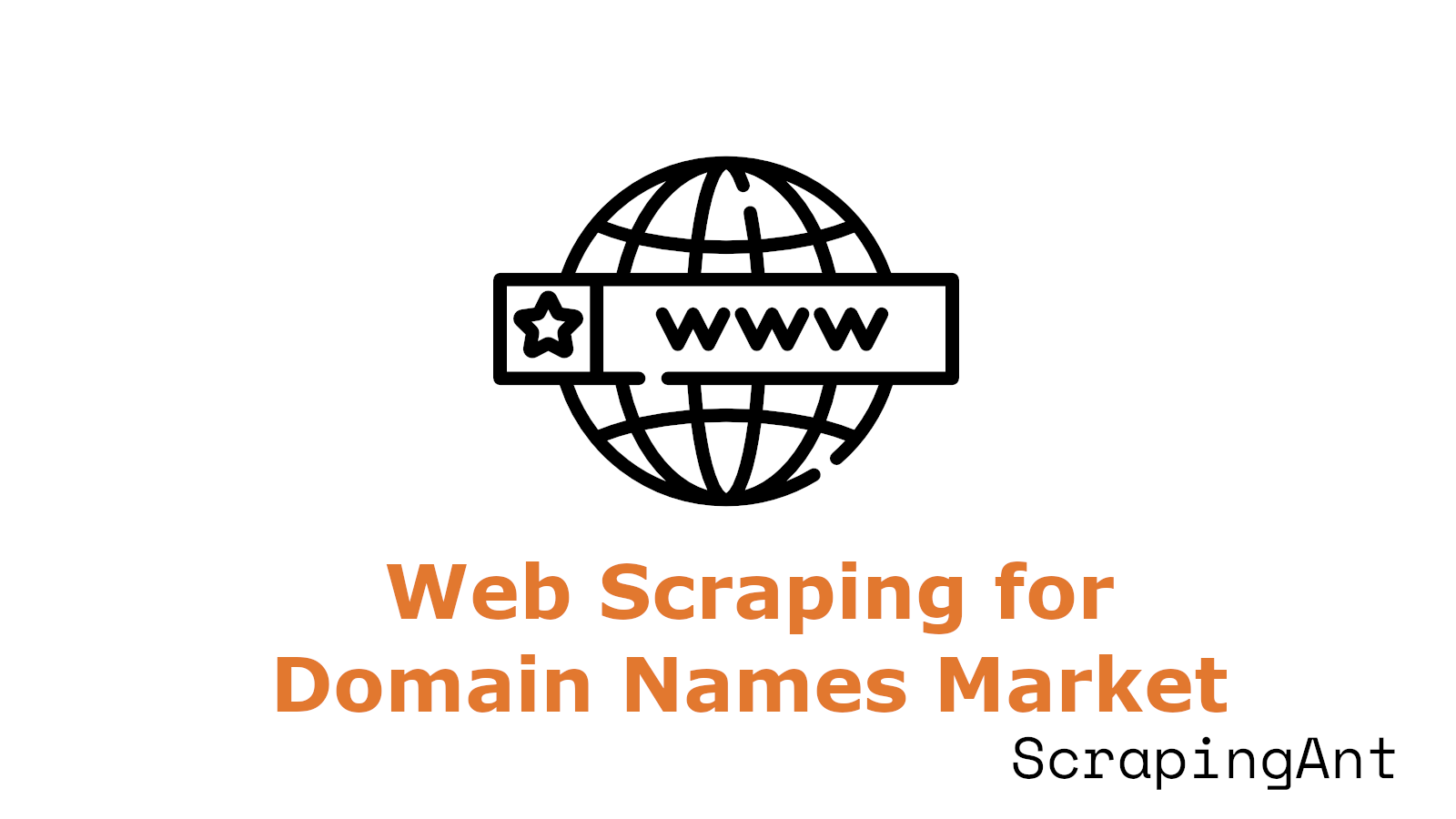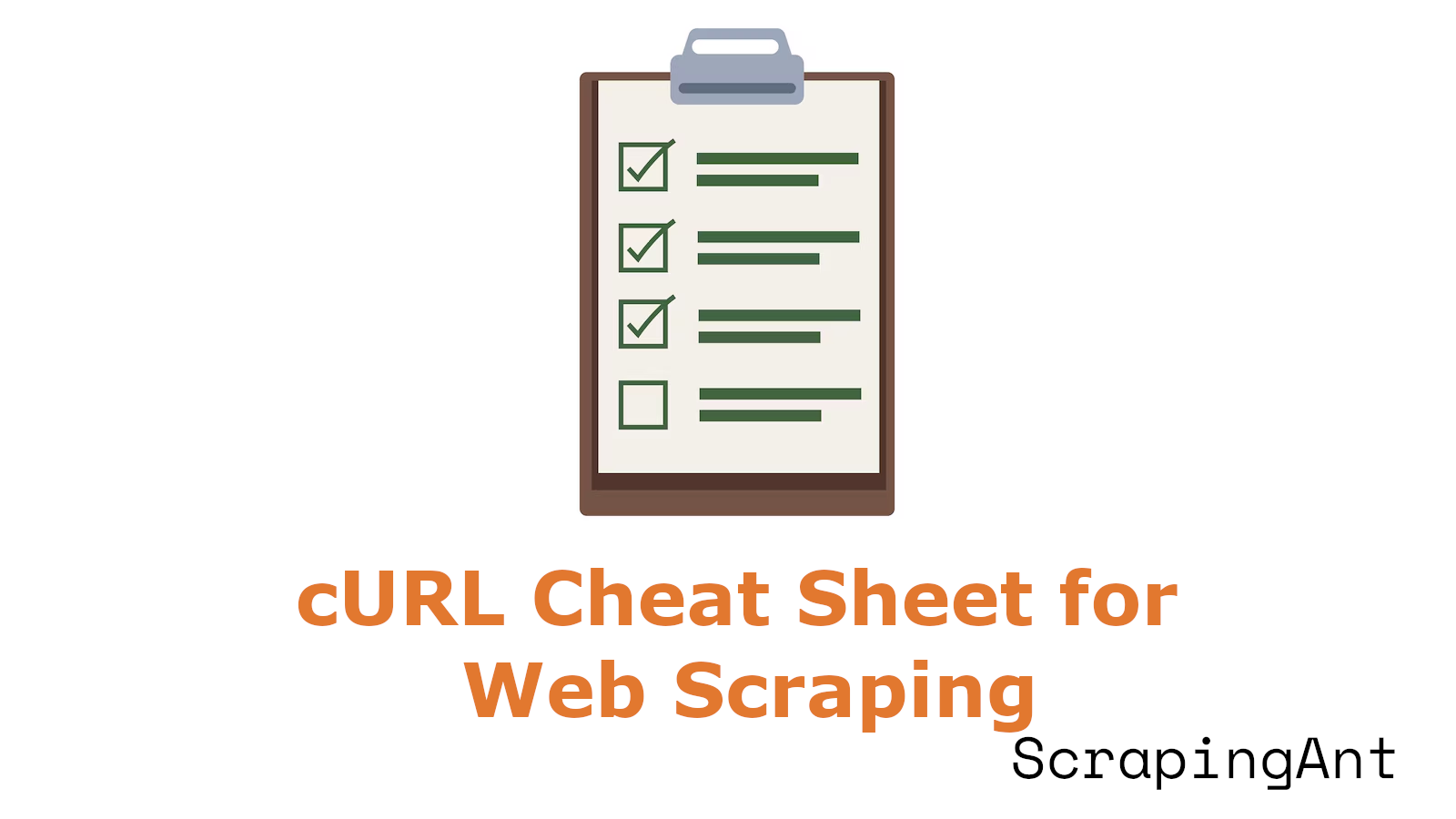
Whether you're gathering market insights, monitoring competitors, or aggregating content for analysis, efficiently interacting with web resources and APIs is crucial. One powerful and versatile tool that simplifies these interactions is cURL, a command-line utility designed for transferring data using various network protocols. Mastering cURL commands and understanding HTTP methods can significantly streamline your web scraping tasks, enabling you to automate data retrieval, manage resources effectively, and handle complex data extraction scenarios with ease.
HTTP methods such as GET, POST, PUT, DELETE, PATCH, and HEAD form the backbone of RESTful API interactions, each corresponding to specific CRUD (Create, Read, Update, Delete) operations. Knowing when and how to use these methods correctly can greatly enhance your scraping efficiency and accuracy. Additionally, cURL's flexibility allows you to handle authentication, manage request headers, and format responses effortlessly, making it an essential skill for anyone involved in data extraction and web scraping.
